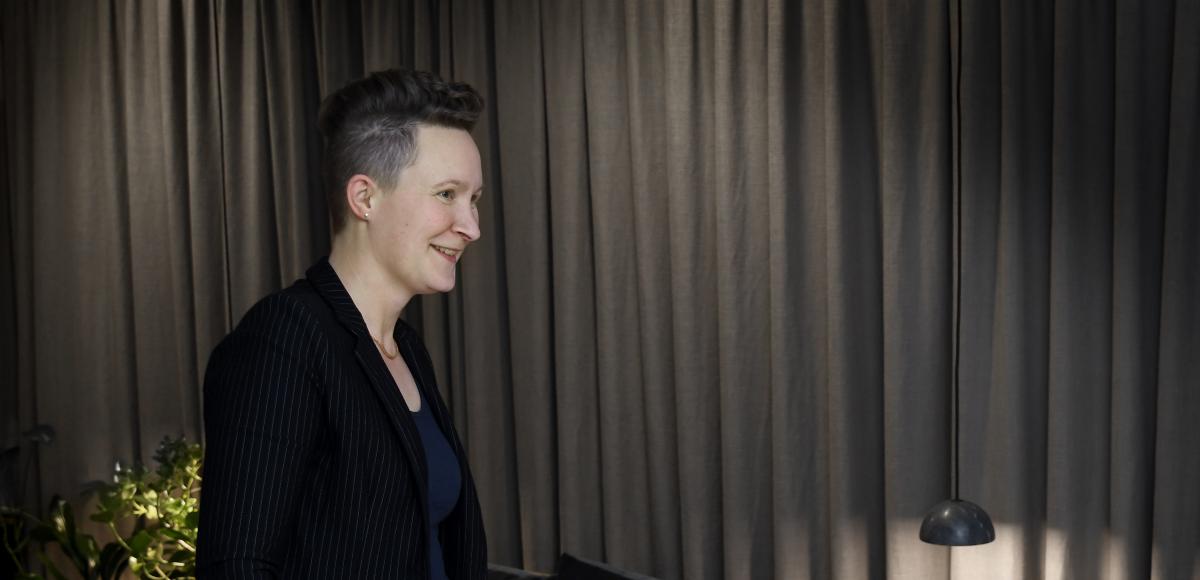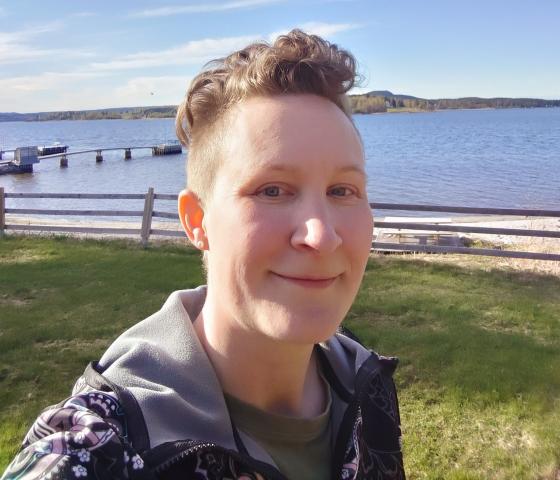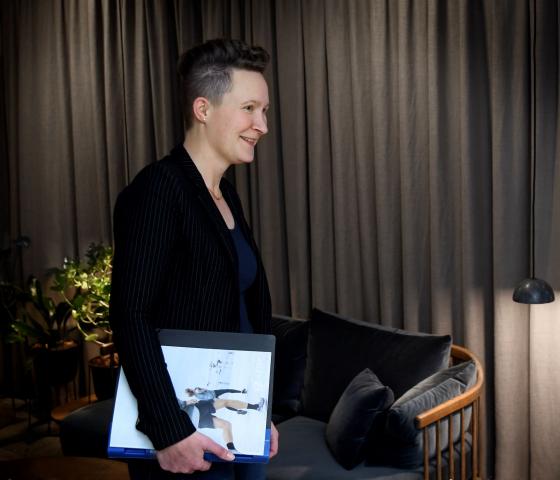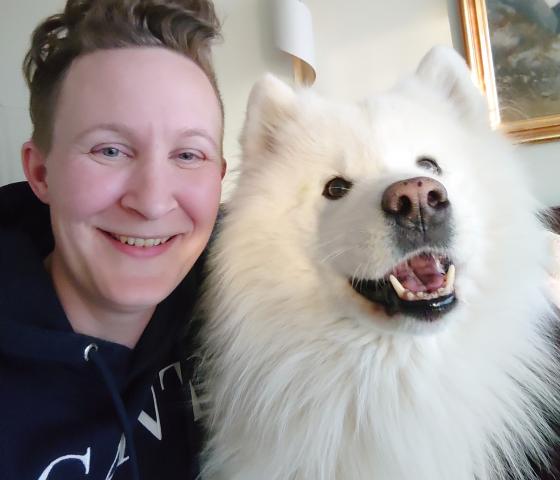
Jessica Kekki
Meet Jessica Kekki, Quality Engineer, one of few women
Jessica started at AFRY in October 2021, one of few women in the male dominated field of Quality Engineering. Her experience and competence in medical technology is highly coveted and she choose AFRY because of the company values Brave, Devoted, Team Players. In this interview she will share her story working at AFRY, the industry and what attracted her to become an engineer as well as what she works on in her first consult assignment.

What made you choose engineering as a profession?
- Science and technology have always been an interest of mine, and there were never any doubts whether I should proceed to higher education. I was excited by the combination of technology and biology and therefor I choose a Master of Science in biotechnology at the Royal Institute of Technology (KTH).
I think the journey to Master of Science in any profession, provide you with tools for managing challenges and problem solving. And you will always benefit from them, regardless of where you end up.
Highly coveted competence
After seven years at the same company, it was time to change surroundings. Jessica worked as a Quality engineer at a manufacturer of medical technology products. Jessica joined AFRY in October 2021. Her experience and competence within the field of Medical technology, Med Tech, is highly coveted among customers and she barely had the time to start the employment at AFRY, before the first assignment began.
“The company values: Brave, Devoted, Team players contributed a lot to my decision to start at AFRY. I recognized myself in them and I can only appreciate an employer who really value these. Now that I've been at AFRY for a while, I've also seen that it's not empty words!”
Jessica Kekki Quality Engineer QE AFRY

The Assignment
Jessica is back in the Med tech business but at a company developing self-sampling kits and DNA-tests, including analysis of the test results in the laboratory. In the portfolio they have tests for Covid-19, which we all know have been important during the pandemic. They also provide tests for genital diseases, lactose- and gluten intolerance and different types of infections but also of female specific tests, for instance tests related to vaginal health.
- My role mainly covers validation of equipment, in order to automate steps in the test analysis. The client aims to streamline the processes and secure the quality. The assignment has developed along the way and the scope is broader. Now I am also involved in other Quality Engineering and Quality assurance related tasks, such as performing risk analysis and acting as quality resource in the development of products.
As the focus on gender equality raises, the companies in male dominated areas are searching for more female candidates, which can give me as a woman advantages. If you have thought of changing company or industry, this might be the right time to dare to take the step!
Jessica Kekki Quality Engineer QE AFRY
Discriminating product development
The Med Tech industry has a higher percentages female employees than Quality Engineering in general. But there are still a lot of male dominated areas.
For example, it is more of a rule than an exemption that the companies devote to discriminating product development, even not intended. Manufacturing of surgical instruments are developed by men, for men and the referral rounds and risk analysis are also conducted by men.
The surgical instrument does not fit when the user then is a woman. You can read more about this in the article "Medical device development with client needs in focus"


What are the challenges, as a woman in this male dominated industry?
- It feels like I must stand up for myself as a woman. To truly be sure of what I do or say. As men’s opinions and statements generally are accepted right away, we have to put more energy into facing questions. It can be frustrating to frequently have to stand up and prove you are as good as the men, when you truly just want to focus on making a good job.
But the situation goes both ways, because sometimes it is an opportunity to stand out. One´s presentations can be more visible, in better or for worse.
How did you experience gender equality during your studies at KTH?
- Well, the chemistry section that biotechnology was a part of, had the highest percentage girls of all sections. Despite that, most of the time I teamed up with three guys. I didn´t reflect on it then, and can´t remember that we had any roles based on gender. I didn´t make more coffee than any of the guys and it wasn’t just me who was assigned secretary.
It is the same thing today; I don’t think I end up with more “women´s tasks” just because I´m a woman. It is more about personality than gender.


What do you do in your spare time?
- I prefer to spend it with my partner, my daughters who are 3 and 6 years old and of course our Samoyed. We spend a lot of time out in the nature, looking at frog eggs in the spring and picking berries when the autumn approaches and go snow racing in the winter.
Most of the time we also have some project going on at home. We recently tore out a brick fireplace and have now a hole in the middle of the floor in need of restauration. This summer are we going to build bridges, lets hope for nice warm water.
